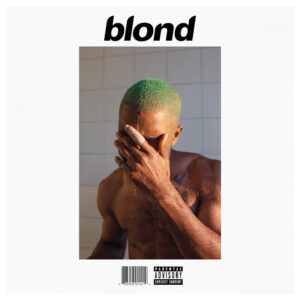Why Your Brain Loves Love Island


If you’re anything like me, you’re picky about what you watch. I steer clear of anything that doesn’t deepen my understanding of the world in some way. My watch list is full of documentaries spanning history, murder cases, nature, culture, and white failure (FYRE: The Greatest Party That Never Happened is my comfort movie).
But over the last few years, my close friends and I have collectively obsessed over shows like Love Is Blind, The Ultimatum, and most recently, Love Island USA.
For the uninitiated, Love Island strands a villa full of twenty-somethings in swimwear, dares them to couple up, and lets viewers vote on who pockets a six-figure prize. Think The Real World but with soft porn. The show is anything but intellectually stimulating, and yet my friends and I — a mix of lawyers, artists, and educators — gather in living rooms and group chats to dissect every absurd twist almost daily. And we’re not alone.
The show originally aired in the U.K. in 2015 and has since produced nearly 500 episodes and spin-offs in more than 20 countries. In just the first six days of the current season’s debut on June 6, the show shattered Peacock’s streaming record, with 1.2 billion minutes watched. Want to catch up? There are more than 1 million videos under the hashtag #LoveIsland on TikTok alone. From memes to recaps to couple predictions, it’s clear a full-blown community has formed around this ridiculous show. But why? Certainly not for the intellectual takeaways on the complexity of love and gender dynamics. But the answer might blow your mind.
A paper from the University at Buffalo on “social embeddedness” found that shared media experiences flood us with dopamine, oxytocin, and endorphins, the chemical cocktail behind bonding and collective euphoria. When we feel connected and included, our brains reward us with a rush of positive chemicals that satisfy a basic survival need. A 2019 review by Redcay and Schilbach found that co-experienced media, even virtually, activates the systems in our brain that are critical to empathy and social bonding.
It’s the same rush you get watching fireworks on Juneteenth or your favorite team score the winning touchdown. When you experience those things with other people, you feel like you’re part of something bigger. And in a world that feels more baffling by the day, even a little reminder that you’re not alone can be a breath of fresh air.
So, if you’re as Love Island-obsessed as I am but feel a tinge of shame that Amaya Papaya’s one-liners and Nic’s “mamacita” live rent-free in your mind, take comfort. You’re not rotting your brain, wasting your time, or littering the timeline; you’re contributing to the perpetuation of mankind and bettering brains one unhinged observation at a time. Tell the haters neuroscience has receipts.
From Your Site Articles
Related Articles Around the Web








